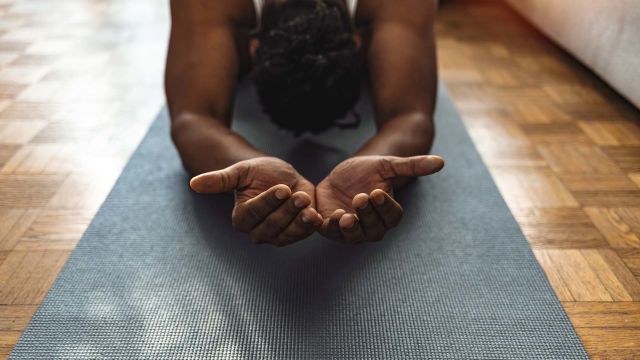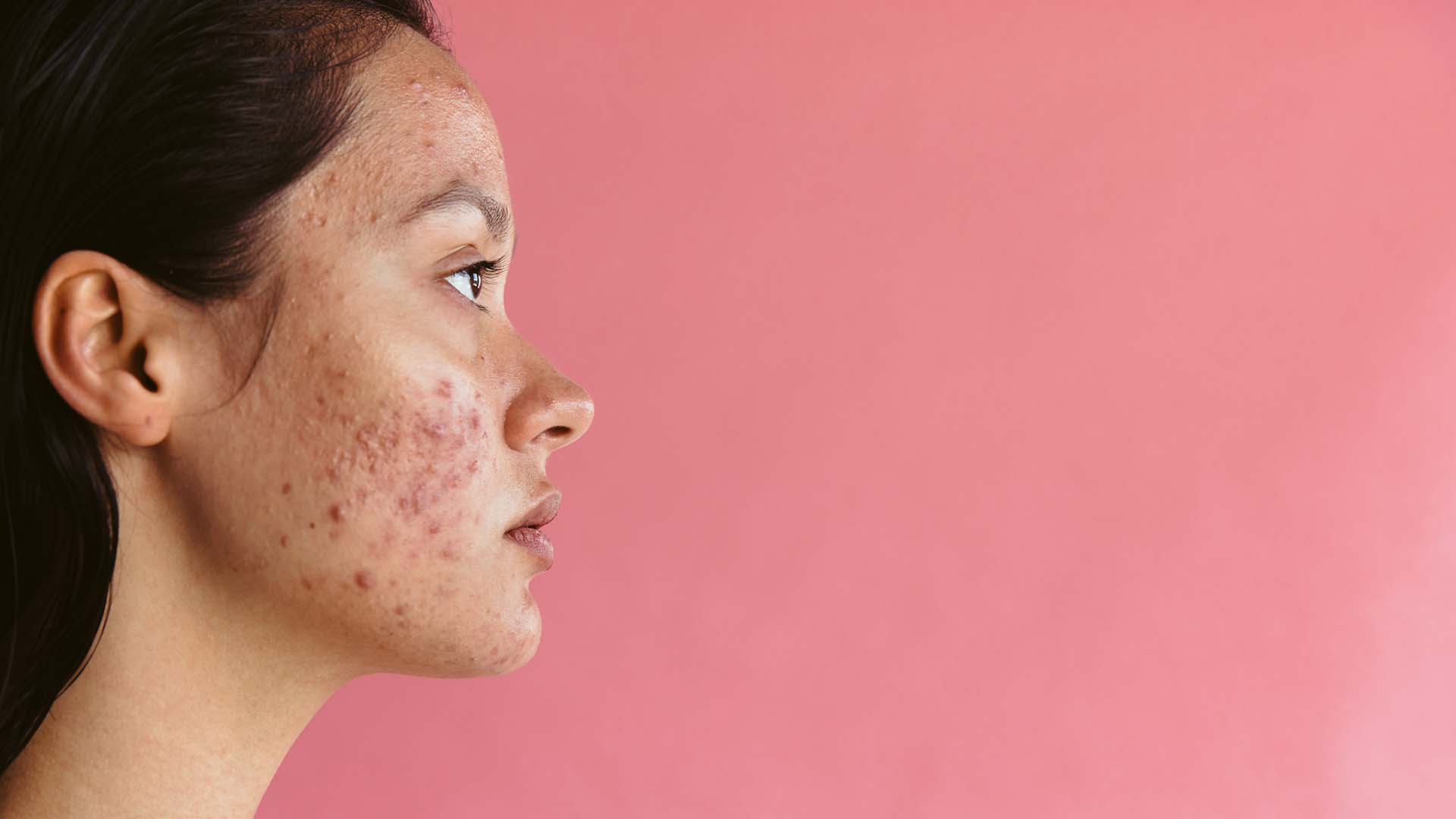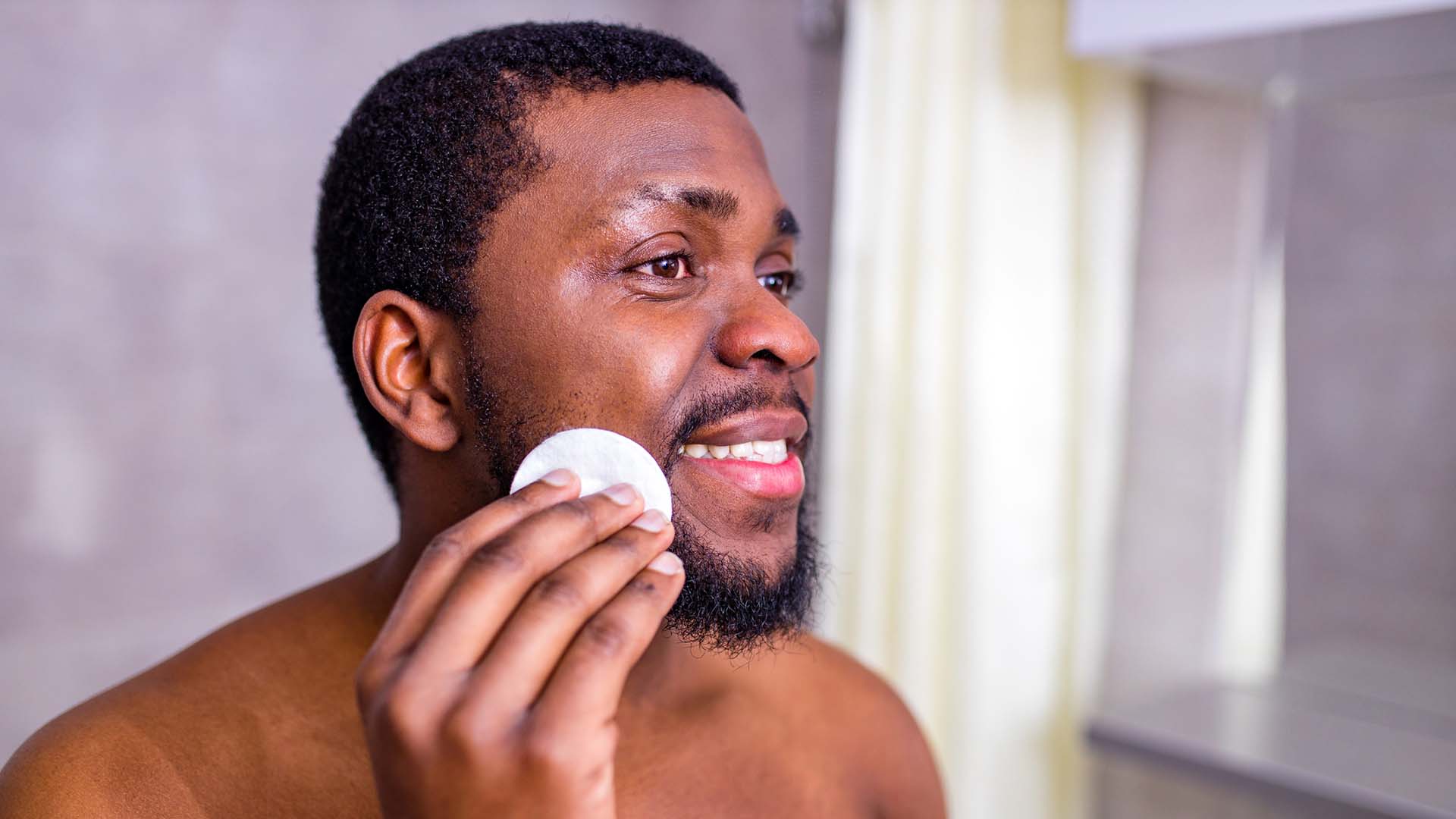When we think about treating acne, we tend to think about treatments that clear up skin and help prevent more pimples from forming—and if you have acne, there are many treatment options that can help you achieve these goals.
Less attention is given to addressing the ways that having acne can impact self-esteem, mental health, confidence, social life, relationships, school, work, and many other aspects of a person’s life.
Here, we look at why mental health deserves more focus when treating acne, along with some steps you can take to help address the ways that acne is impacting your life.
The impact of acne
Acne is the most common skin condition in America, affecting approximately 50 million people a year. Acne is extremely common among adolescents—85 percent of people between the ages of 12 and 24 will experience some degree of acne. However, people of all ages have acne, including many adults.
The fact that acne is common doesn’t make it any less difficult for the people who are experiencing symptoms. Study after study has found that having acne negatively impacts a person’s mental health. Acne can cause a person to avoid eye contact, change their appearance, or skip work or school during a breakout. Some research has found an association between acne and mental health disorders like depression and anxiety.
For adolescents, living with the emotional and mental burdens of acne can have long-lasting results—they are experiencing these burdens during formative years for their personalities and identities. For adults, acne can also have long-term consequences, making it difficult to pursue relationships and career opportunities.
While acne severity is typically measured by the type of pimple and the area of the body affected, there is an argument for considering the emotional, mental, and social impact when assessing acne severity. Quality of life is an important consideration when assessing at least one other common skin condition—psoriasis, an inflammatory skin disorder that affects 7.5 million people in the United States.
Does mental health affect the skin?
While acne is known to impact mental health, it’s less clear how mental health may contribute to skin conditions. Stress is one example. There is research that supports the idea that being under a lot of stress can worsen acne symptoms, but the mechanisms of how this occurs remains unclear.
We should also remember that mental health can influence a person’s ability to treat any condition, and acne is no exception. Acne treatment involves following skincare routines and dosing schedules for medications—tasks that can be much harder when a person is struggling with low moods, anxiety, stress, or difficult emotions.
Taking care of mental health
Mental health is something that you should be discussing with your healthcare providers—even setting aside skin conditions like acne, mental health is something more people should be discussing during appointments.
If you are struggling with negative or difficult thoughts and emotions, talk to a healthcare provider. Start with the healthcare provider you are most comfortable talking to. Although dermatologists and primary care providers do not specialize in the treatment of mental health, they can be a great starting point.
The emotional and mental burdens of living with a condition like acne can last a lifetime—and adding a counselor or therapist to your healthcare team can make a major difference in your life.
Developing your own coping strategies
Although it’s not a substitute for working with a provider who specializes in mental health, developing your own strategies can help you cope with the distress of living with acne. Here are some ideas to get started:
- Make time for things that make you happy
- Make time for hobbies outside of work and school obligations
- Stay in touch with friends and loved ones
- Eat well, get enough sleep, and exercise
- Avoid smoking, recreational drug use, and consuming too much alcohol
- Spend time outdoors, ideally in a natural setting like a park
- Try meditation, yoga, breathing exercises, or other mindfulness activities
- Keep a journal or try creative writing exercises
Remember, acne is treatable—and there are multiple treatment options. Your healthcare provider will be your best source of information about treating acne and how to get the best results from treatment.






